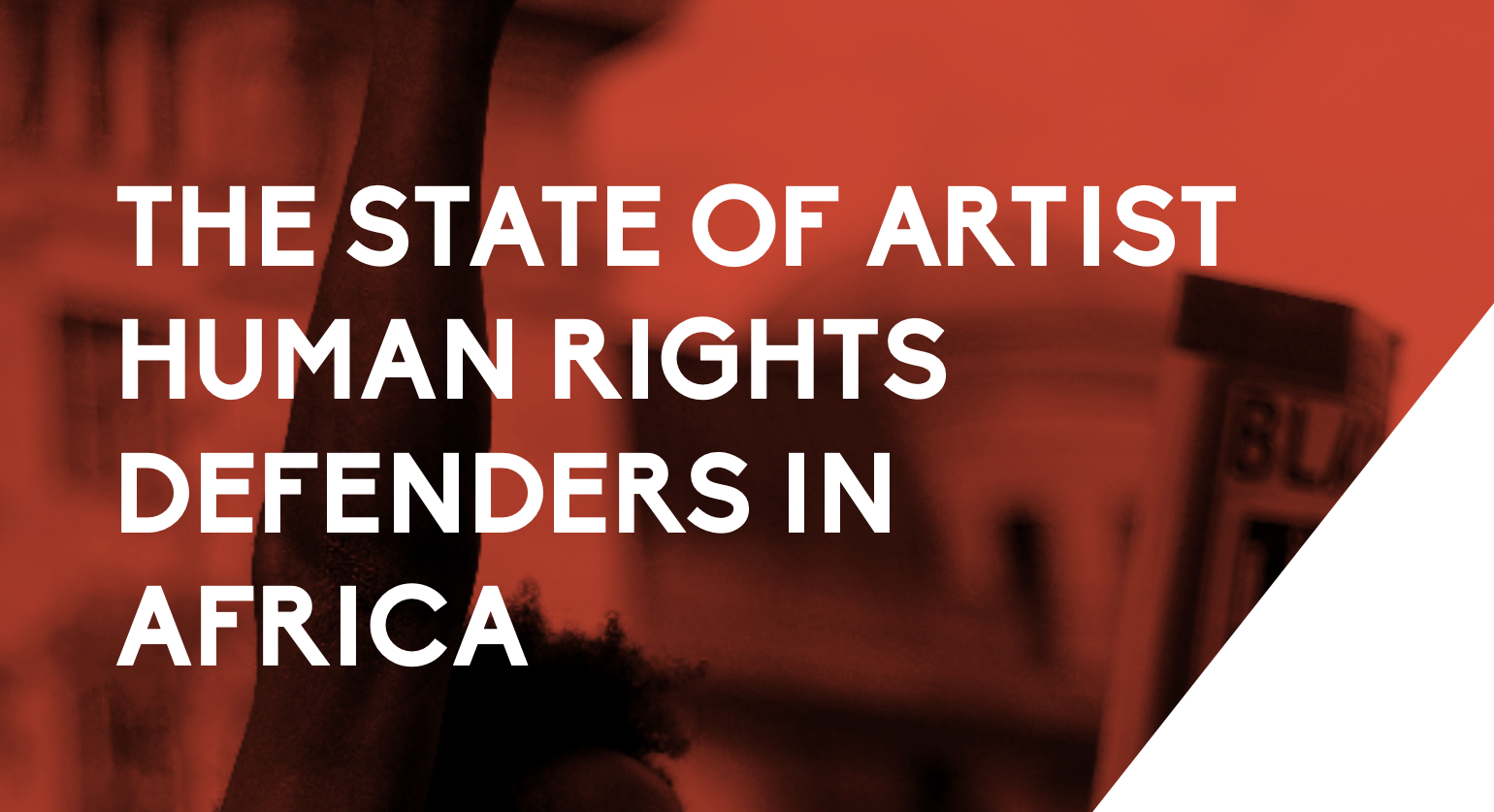Artists have a unique power of bringing people together, promoting change and raising awareness on social issues. Considering their ability to create visual interest and to promote solidarity and awareness, artists play a pivotal role in society by promoting human rights, especially in the modern age, where people rely heavily on technology and media. Furthermore, artists have contributed significantly towards achieving revolution and system changes across Africa. In South Africa for example, the Southern Africa National Gallery played a key role in the resistance art movement during the fight against apartheid. During the Arab Spring in North Africa, graffiti artists brought attention to the violent responses of authorities to the protests. During the 2011 revolution in Sudan, artists helped spur conversations about the revolution through murals and digital art. They were also instrumental in organizing protests by graffitiing the time, date, and location of protests on the streets.
Artistic freedom is an integral part of Freedom Of Expression (FOE) but is often left out in the prevailing narratives around violations of FOE. This leaves artist Human Rights Defenders (artivists) vulnerable when they find themselves on the receiving end of state and non-state actors’ reprisals for speaking out against impunity and societal injustices. In 2021, FreeMuse documented 128 acts of violations against artistic freedom in 20 African countries with the highest violations being in Egypt (38) followed by Nigeria (25), Senegal (10) including Ghana and Kenya that each registered 9 violations respectively. Moreover, marginalized groups of artists like women, minority artists, artists living with disability and indigenous artists face additional threats such as gender-based violence, online and offline threats, and cultural stigmatization.
It is against this backdrop that AfricanDefenders and DefendDefenders carried out research on the state of artistic freedom in Africa. This is in line with the African Union’s 2021 theme of the year;
“Arts, Culture and Heritage: Levers for Building the Africa We Want’ and Aspiration 5 of Agenda 2063 which envisions ‘An Africa with a strong cultural identity, common heritage, shared values and ethics.’
The research aimed to create better insights into the situation of the artists HRDs1 in Africa, especially to gain a deeper understanding of the needs of marginalized groups. The general objective was to analyze the state of artistic freedom and identify gaps in the promotion and protection of artistic freedom in Africa. The specific objectives included: identifying safe spaces where marginalized artist HRDs can safely express themselves; analyzing the implementation of laws that protect artists HRDs or lack thereof and researching on the situation of minority group artists HRDs on the continent. The minority artists HRDs included; women artists, Human Rights Defenders (HRDs) living with disabilities, indigenous artists, and minority artists. The research focused on 12 selected African countries namely; Tunisia, Egypt, Ethiopia, Sudan, Nigeria, Mali, Democratic Republic of Congo, Republic of Congo, Kenya, Tanzania, South Africa and Zimbabwe.
“The rights of artists to express themselves freely are under threat worldwide, especially where artistic expressions contest or critique political ideologies, religious beliefs and cultural and social preferences. These threats range from censorship (by corporations, political, religious or other groups) to imprisonment, physical threats, and even killings”2. UNESCO (2019)
Download the full report below:

